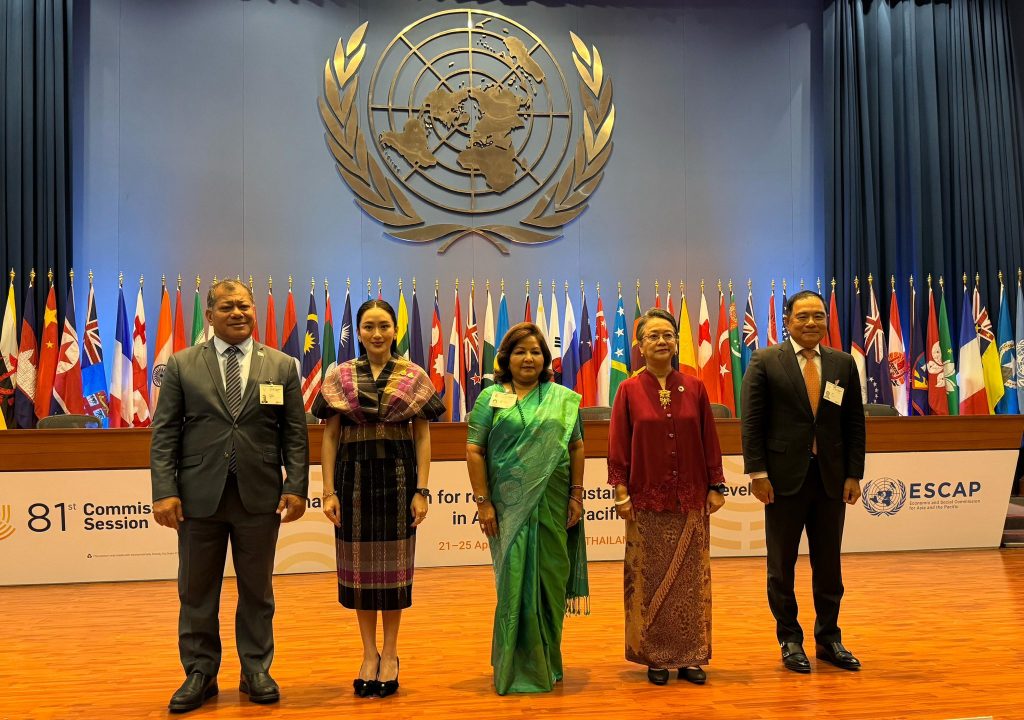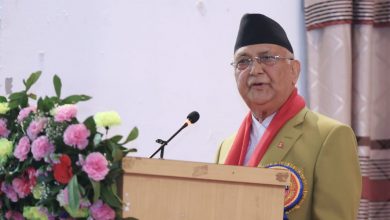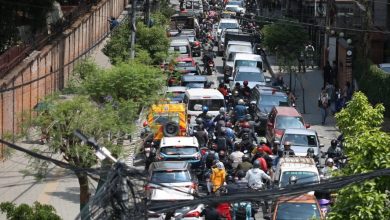Unplanned urbanisation a global challenge: Foreign Minister Dr Rana

April 21, Kathmandu: Foreign Affiars Minister Dr. Arzu Rana Deuba stated that unplanned urbanization has created significant problems worldwide, with Asia and the Pacific region being notably affected.
Speaking after chairing the 81st session of the United Nations Economic and Social Commission for Asia and the Pacific (UNESCAP) in Bangkok, she highlighted that the region faced numerous serious challenges, among which unplanned urbanisation was a key issue.
During the session, which focused on resilient and sustainable urban development in Asia and the Pacific, Dr. Rana emphasised that urban areas were engines of development, innovation, and opportunity. However, she pointed out that unplanned urbanisation had led to numerous problems, underscoring the need for well-planned urban development strategies.
She stressed the importance of investing in inclusive and green cities to achieve resilient and sustainable urban growth. Dr. Rana also advocated for strengthening city networks, developing robust plans to address demographic changes, and adopting diverse financial support mechanisms.
Discussing other regional challenges, she noted issues such as financial risks, limited investment in sustainable infrastructure, trade fragmentation, protectionist trends, and the digital divide. She warned that the digital divide had created a significant gap between urban and rural communities, and if left unaddressed, it could exacerbate inequality and hinder inclusive growth. Additionally, she remarked that the region’s social security systems remained inadequate and weak, suggesting that investments should be increased by learning from global best practices.
Minister Dr. Rana highlighted that the Asia-Pacific region was at the forefront of climate-related disasters, with cities and communities vulnerable to devastating floods, droughts, and extreme weather events. She expressed concern that the Himalayas, a critical source of water, livelihoods, and civilisation, were being severely impacted by climate change. She called for increased investment in climate resilience and early warning systems to address these challenges.
She also shared that Nepal had been taking steps to tackle these issues, aiming to secure the planet’s future and the well-being of future generations. Dr. Rana announced that Nepal would host the Sagarmatha Dialogue in May to address climate change challenges and explore solutions.
Emphasising the need for regional unity and collective action, she stated that no country could tackle such challenges alone in the current era. She underscored that regional cooperation was essential to make collective efforts effective. Minister Dr. Rana reaffirmed Nepal’s commitment to inclusive development, regional collaboration, and the values of the United Nations.








Comments